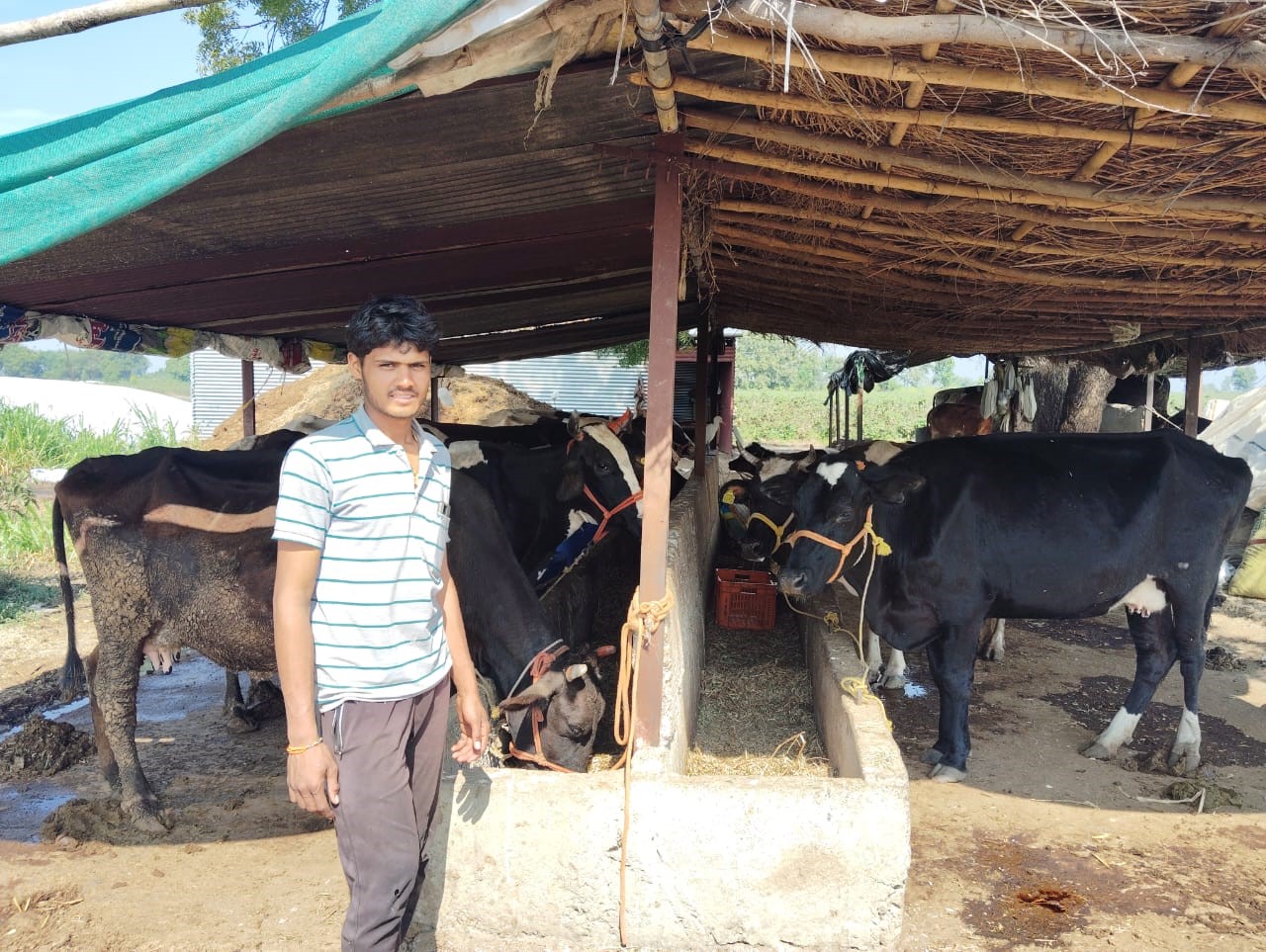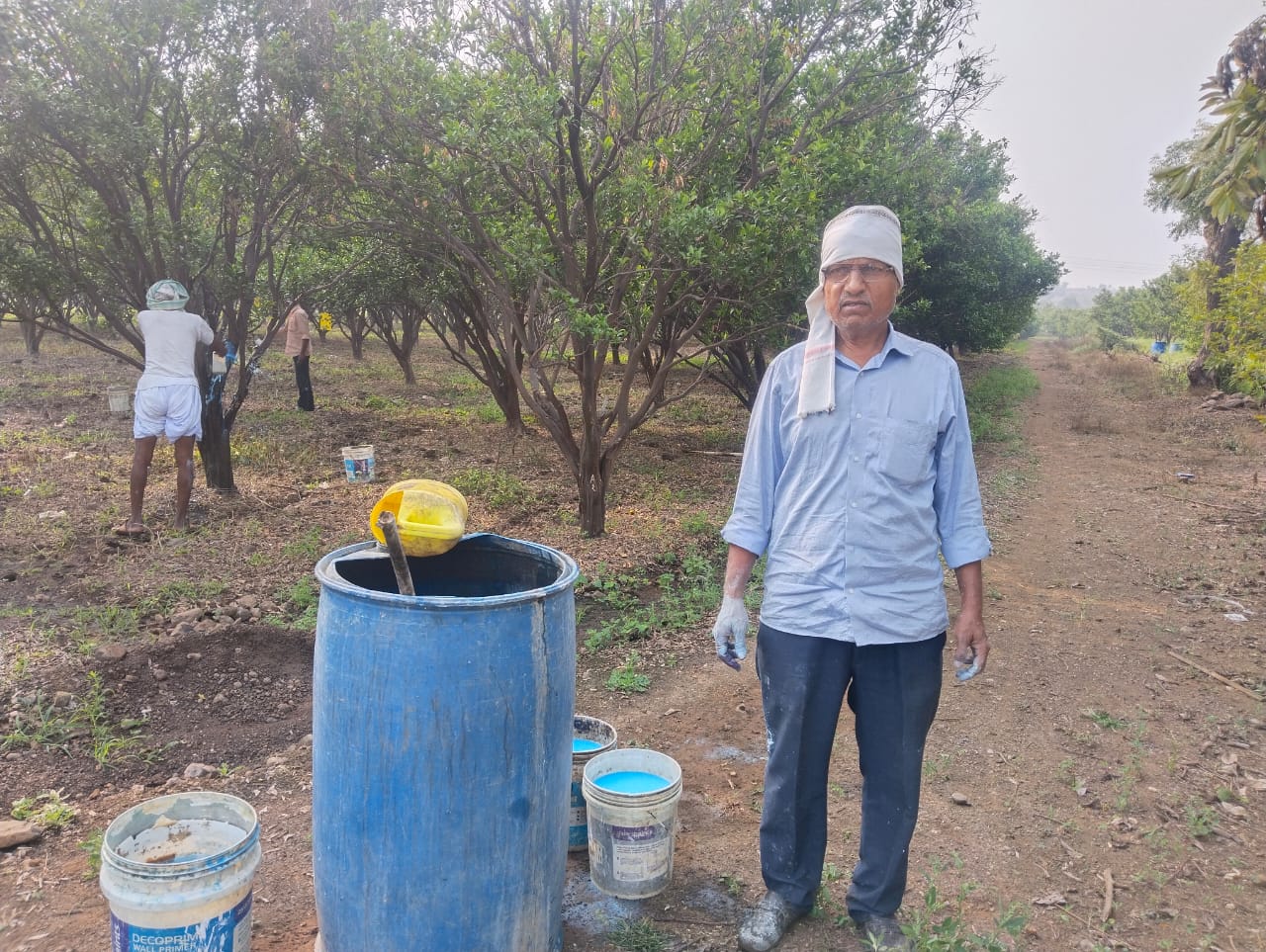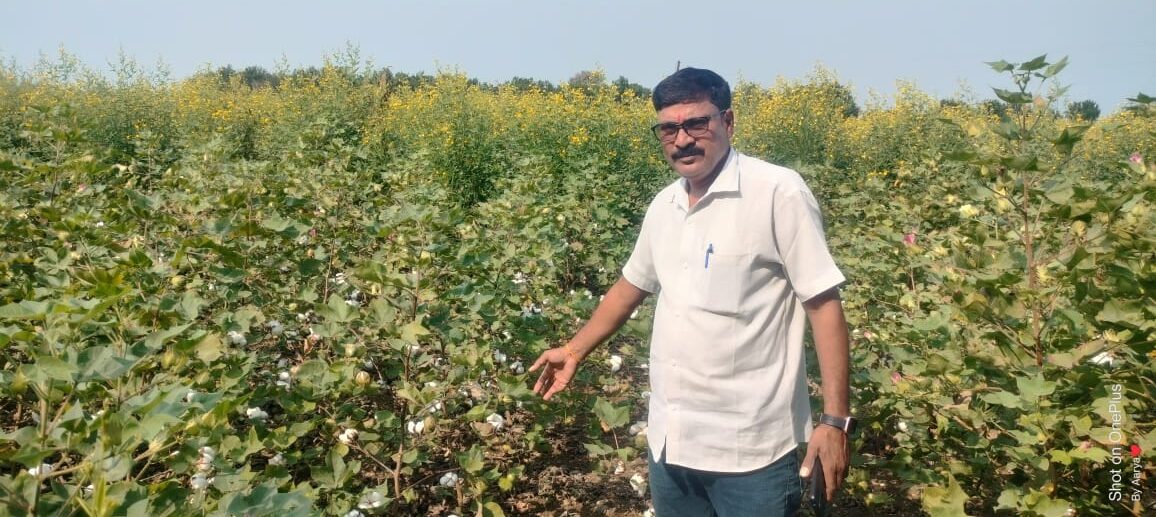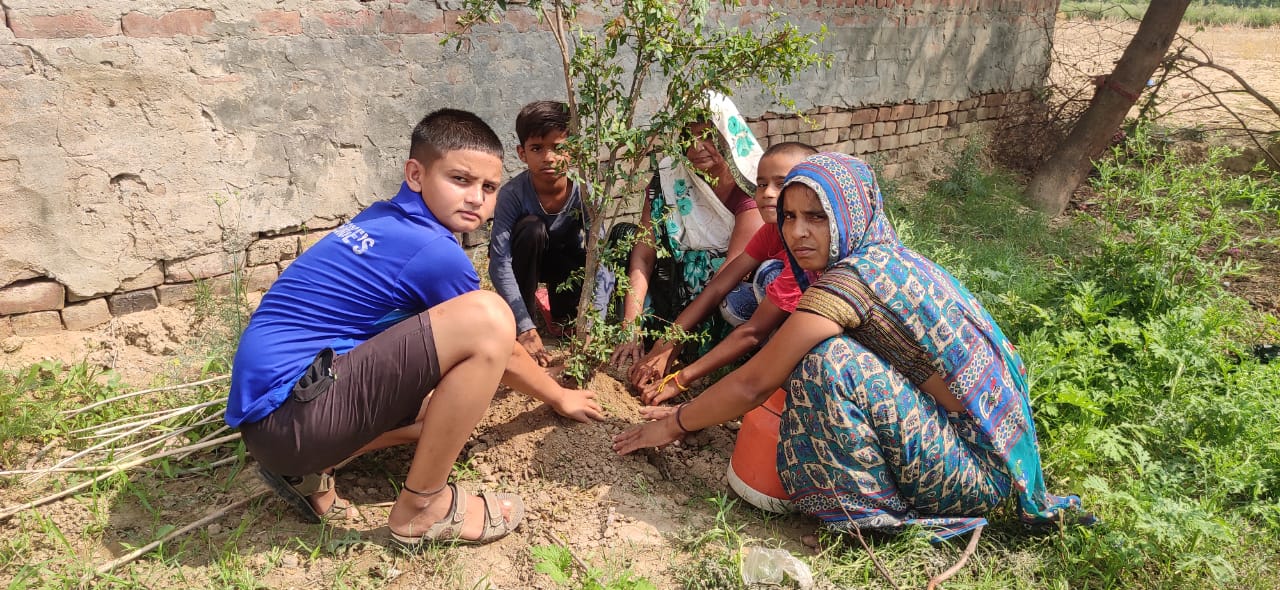In a society still beset by rigid patriarchal norms, Sapna Singh’s story emerges as a shining example of resilience and inspiration
It was in 2017 that a pregnant Sapna took the brave decision of walking away from her marriage. A survivor of domestic violence, she returned to her parents’ home in Dalepur village in Kanpur Nagar district of Uttar Pradesh, India’s largest milk-producing state accounting for nearly 18 percent of the country’s total output. However, what started as a journey into uncertainty has now transformed into one of self-healing, self-discovery, and self- and community-empowerment.
Overcoming Barriers
Thirty-nine-year-old Sapna hails from a progressive family. In a district where only 58.5 percent of women complete 10 or more years of education, Sapna was able to achieve the rare distinction of earning a postgraduate degree, and, in the process, learning the importance of technology in running a business. In 2019, when the dairy company Namaste India came to survey Dalepur, she was able to convince them to allow her to run the village-level collection centre (VLCC) for a minimum of six months, despite concerns over the lack of support from her former husband, in-laws and even her own father, whom she used to support, previously, in his dairy-farming activities.
However, this was not the only barrier she had to overcome. She also had to earn the trust of her fellow villagers and help them deposit their collections at the centre. The meticulous Sapna impressed the dairy farmers by making timely payments to them. As a result, not only was she was able to open her own dairy in 2019 (with Namaste India’s help), she also expanded her business with the help of the same people who had once doubted her. “I had the benefit of an education, and so when I started my own dairy, I began speaking with the women (who used to come to sell milk) about their life and their families. When I heard their stories, I realised I had to empower them just like I had done it for myself,” says Sapna.
Just as things were looking up for Sapna and her business, adversity struck in the form of the COVID-19 pandemic, causing banks to shut down in the region. It forced a rethink on Sapna’s part, who used to rely on making cash payments previously. Having used a smartphone from 2017 onwards, she decided to make use of her technological know-how to shift to digital, UPI-based transactions in the middle of the pandemic. It also continued a tradition within the family of being early adopters of technology in the village — her father was among the first in the village to own a mobile phone, back in the late 1990s.
Empowering a Community

In 2021, Sapna was trained by Solidaridad experts in good dairy farming practices, and financial and digital literacy (including topics such as loans, savings, investments, budgeting, household planning, government schemes, and how to use online payment methods and digital systems). Under the Reliance Foundation and USAID-funded WomenConnect Challenge India Project, implemented by Solidaridad in 230 villages across the districts of Kanpur Nagar, Kanpur Dehat, Fatehpur, Auraiya and Unnao in Uttar Pradesh, the aim was to bridge the gender digital divide.
In Sapna’s case, it added yet another dimension to her untiring efforts. Even though she was adept at using a smartphone, she soon realised that motivating the village community, especially the women, posed a significant challenge. “Women in my village are often hesitant to access mobile technology as they feel that it cannot further their lives, given the roles that they are expected to play daily — raising cattle, looking after the family and tending to the field,” she says ruefully. Now working as a community mobiliser, Sapna works with Solidaridad to train women associated with her dairy on how to make online transactions, hoping to improve their digital literacy. She devotes time in explaining every aspect — from downloading the apps to using QR codes for transferring money. “To provide more hands-on experience, I often make them transfer ₹1 through the payment apps so that they become more confident with the UPI transactions,” Sapna elaborates.
She spares no effort, either, in explaining the other benefits of mobile technology and digital literacy — from taking part in online classes and finding cooking recipes on YouTube to comparing market prices of various commodities online. Even more inspiring is the fact she often speaks to the elders in the village, asking them to provide mobile phones to their daughters so that they can be financially aware and independent, and use them to advance their careers. Even though she acknowledges the risk of fraudulent activities online, she also believes that the menace can tackled through adequate literacy and training.
The realisation that women are the main asset of the dairy industry lies at the core of Sapna’s efforts aimed at social upliftment. In 2019, when she opened her own dairy, she started connecting and creating a rapport with the women on a personal level, often enquiring about their children’s health, and, later, providing information regarding cattle treatment and vaccination with Solidaridad’s support. It is little wonder then that Sapna’s dairy, which is also the village milk collection centre, now aggregates milk deposits from about 35 dairy farmers, mostly women, in the area.
The results of the WomenConnect Challenge programme are already visible, building capacity of 11,000 women dairy farmers in the region through dairy experts. The Interactive Voice Response (IVR) system reaches 14,000 women farmers, equipping them with critical information on good dairy practices and efficient cattle management. A total of 3,200 women farmers are now linked to the formal dairy supply chain. Similarly, 3,200 farmers now have bank accounts and linked wallets. And, these 3,200 farmers are now digitally and financially aware and literate.
When it comes to Sapna’s dairy, the monthly milk production has risen from 115 litres in the early days to 160 litres currently. The yearly income of the women dairy farmers has also grown significantly — from ₹60,000–66,000 in the pre-pandemic years to ₹78,000–84,000 following the adoption of good dairy practices shared by Solidaridad. Since the money is deposited directly in the accounts of the women, it has afforded them a greater degree of financial independence, to the extent that they are now able to plan their expenses according to the needs of the household, and feel greater self-reliance.
The Road Ahead
So, what’s next for the trailblazing Sapna? By her own admission, she aspires to take on another learning curve. “Although mobile phones are extremely important, I want to get acquainted with laptops now so that I can provide training to other women on a bigger screen with better clarity,” she mentions. She is also keen to pass on certain key values to her four-year-old daughter, namely that self-respect and independence are the most important things in life. Sapna is likely aware that the road ahead will be bumpy but she remains undaunted. Surely, the sky is the limit for Sapna.








